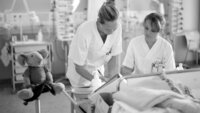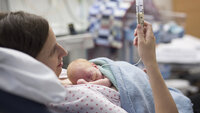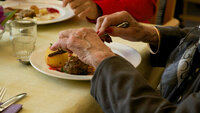Early identification of children who stutter – a survey of assessments made by public health nurses
In order to identify children who need a referral to a speech therapist, public health nurses must pay attention to repetitions, blocks and prolongations in the child’s speech.














